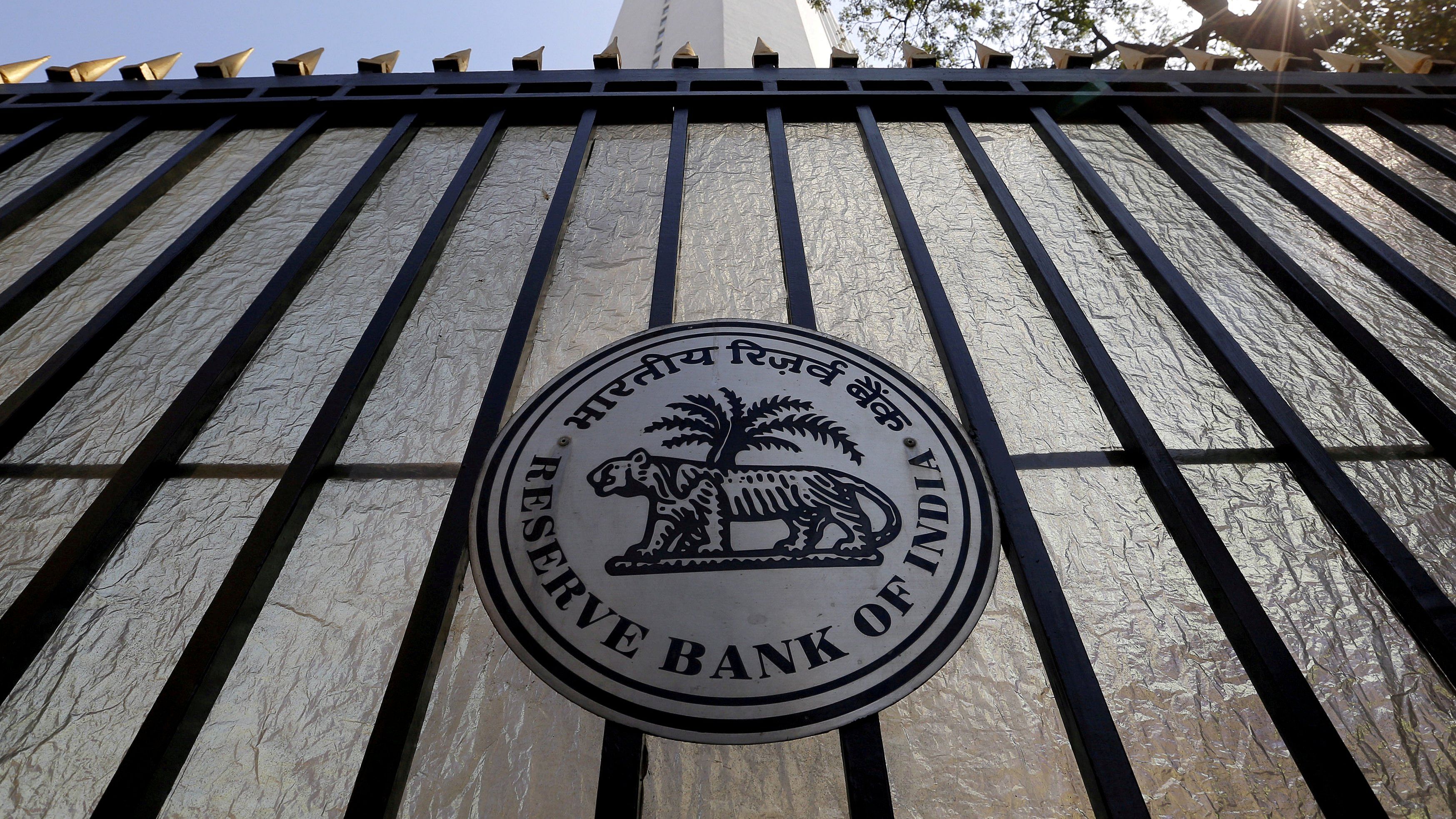
Price pressures in India remain high and it would be premature to lower the guard on inflation, majority of the members of the Reserve Bank of India's (RBI) monetary policy committee (MPC) wrote according to minutes published on Wednesday.
Earlier in February, the MPC hiked the key repo rate by a quarter percentage point, as expected, but surprised markets by leaving the door open to more tightening, saying core inflation remained high.
"It will be premature to pause when there are no definitive signs of slowdown in inflation, particularly core inflation," RBI executive director and MPC member Rajiv Ranjan wrote.
"Nevertheless, as the policy rate adjusted for inflation has now turned positive, albeit barely so, there is a case for paring down the pace of rate hike to the usual 25 bps," he added.
Persistently high core inflation is a crucial concern at this stage, said external member Shashanka Bhide.
"It is important to reduce the demand side pressures on inflation and bring the inflation expectations of the various stake holders closer to the policy target to sustain the growth momentum".
India's annual retail inflation rate rose to 6.52 per cent in January from 5.72 per cent in December, breaching the central bank's upper threshold for the first time in three months, on higher food prices.
The monetary policy stance will need to remain disinflationary till inflation is returned to target, RBI deputy governor Michael Patra said.
External members Jayant Varma and Ashima Goyal, however, voted against the decision to raise the key repo rate.
"In the second half of 2022-23, monetary policy has, in my view, become complacent about growth, and I fervently hope that we do not pay the price for this in terms of unacceptably low growth in 2023-24," Varma said.
The MPC is mandated to bring retail inflation down to 4 per cent over the medium term, while keeping it within the target band of 2 per cent-6 per cent.
Goyal, warned that as the aggressive MPC tightening is more fully passed through, it will further reduce demand.
"It is better to give time for possible softening of both inflation and growth and effects of past monetary tightening to play out," she said.